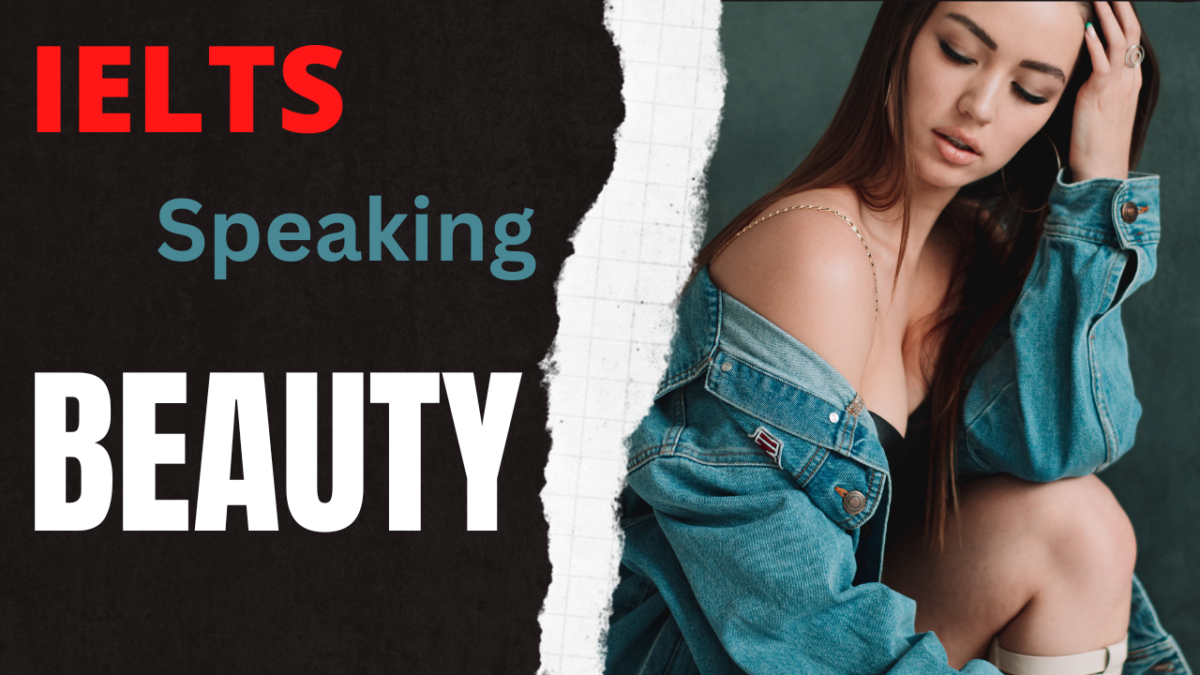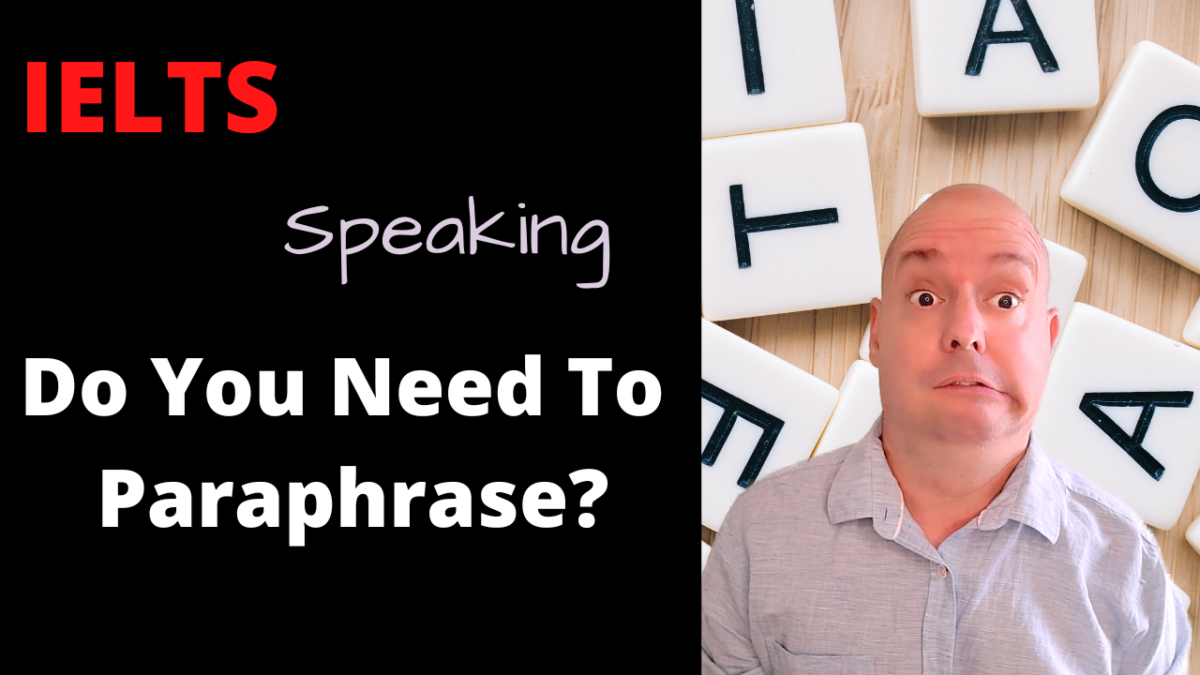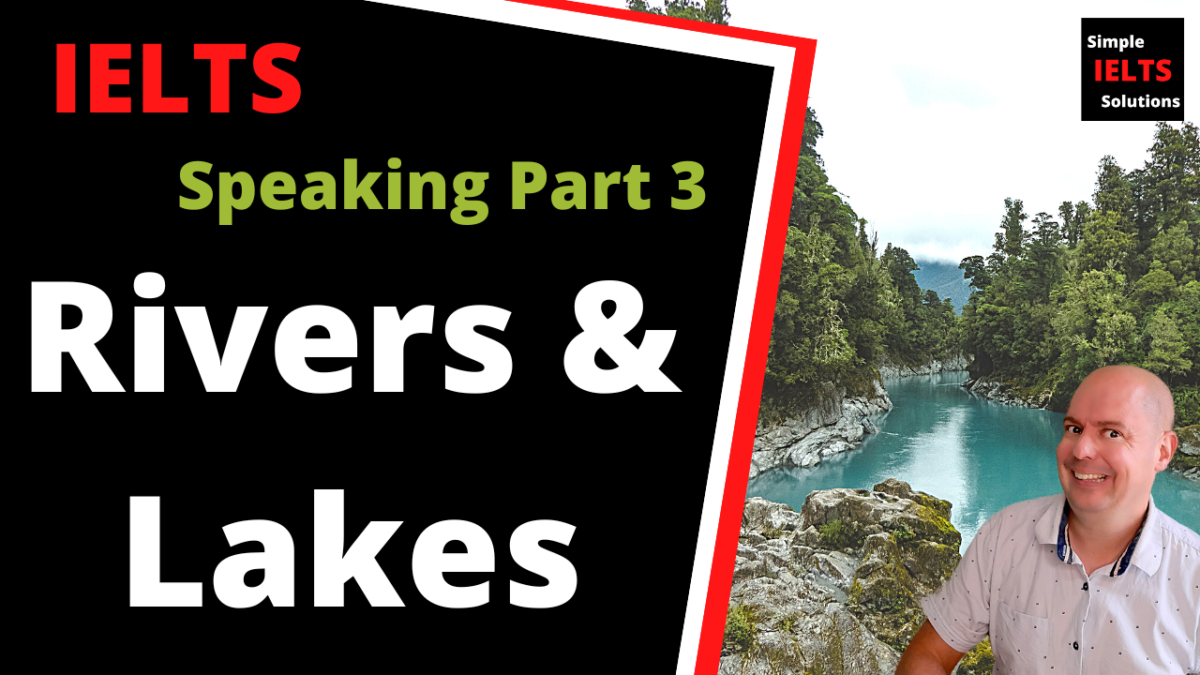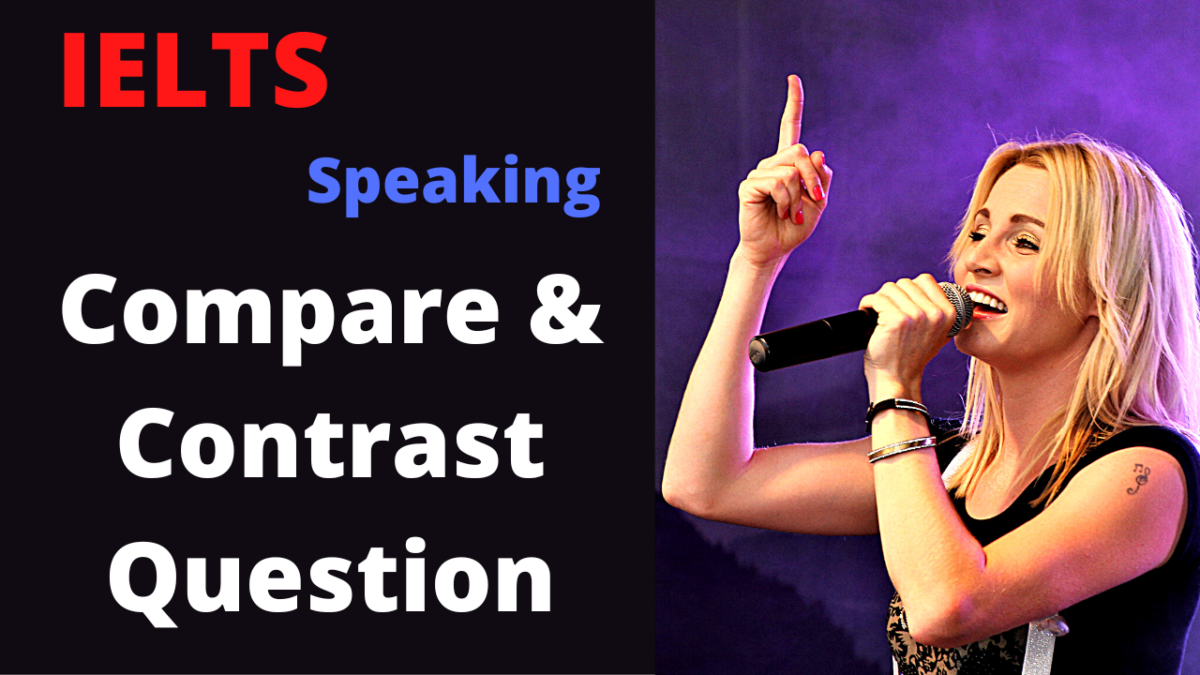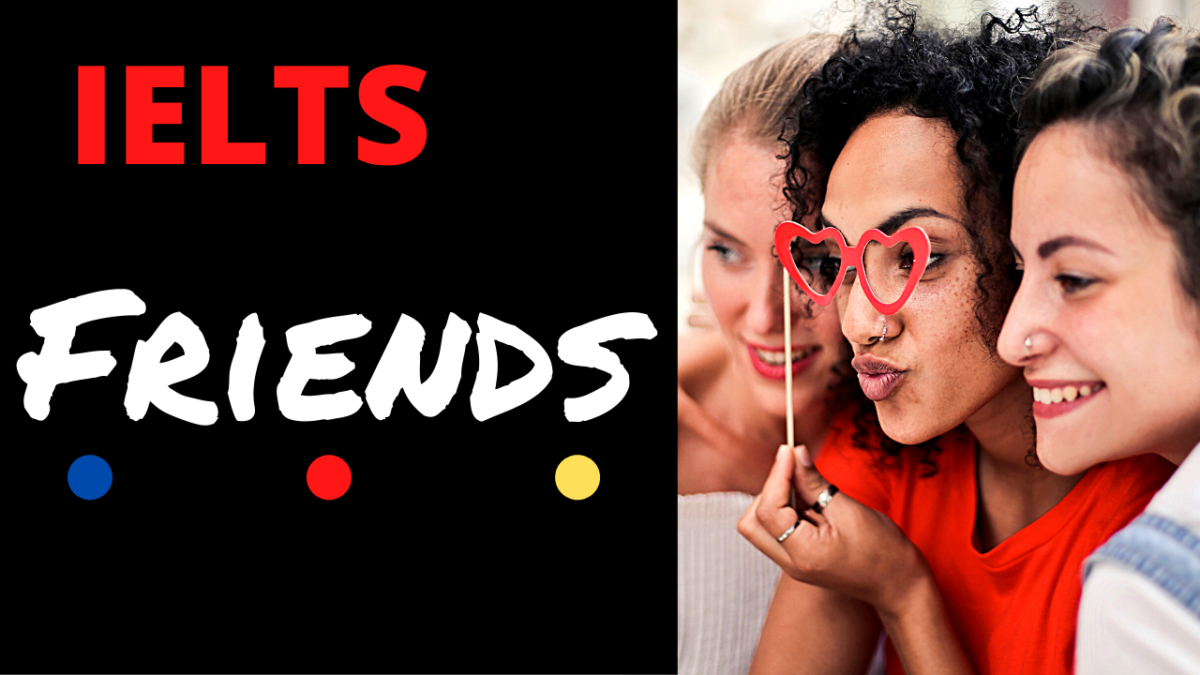The topic of beauty has come up in recent IELTS speaking tests with some very difficult questions. This post will tell you how you can talk about beauty and beautiful things to get a great score in the IELTS speaking test.
The following are the latest questions from the IELTS speaking test. I will give model answers for the highlighted questions and discuss some vocabulary you can use in your answer.
- What does human beauty mean to you?
- Do you think the idea of human beauty now differs from the past?
- Do you think there are more beautiful things now than in the past? Why?
- What beautiful scenery spots are there in your country?
- Where do you think people usually come into contact with beautiful things?
- Why do you think people create beautiful things?
The questions ask about beauty and beautiful things but I want to try to paraphrase these words to show the IELTS examiner how great my language is. Additionally, I am unlikely to score many marks for lexical resource, if I just repeat the same words that are used in the question.
Words for beautiful
Eye-catching (idiom) – That shirt you’re wearing is very eye-catching.
Stunning (adj) – What a stunning pair of shoes.
Attractive (adj) – James isn’t handsome but he is attractive.
Good looking (adj)- What a good-looking car you are driving.
Striking (adj) – The painting of the girl is incredibly striking.
Gorgeous (adj) – Isn’t that the most gorgeous sunset?
I will now give some model answers for the IELTS speaking part 3 questions about the topic of beauty. Make sure to look out for the vocabulary that I discussed above.
What does human beauty mean to you?
In my mind, it’s all to do with being the best human being you can be. We all come in a myriad of shapes and sizes but truly stunning people are true to themselves and kind to those around them.
If you see a really attractive person in a cafe, initially you may be attracted to them. But if they started racially abusing the waiter, they are likely to look rather ugly and unappealing.
Truly beautiful people treat all people with respect and kindness regardless of their occupation or social class.
Vocabulary
In my mind (idiom) – From my point of view
Stunning (adj) – Very beautiful
Attractive (adj) – A pleasing appearance
Attracted (adj) – Have a liking for something
Ugly (adj) – Repulsive or bad to look at
Unappealing (adj) – Physically unattractive
Kindness (n) – Being friendly and generous
Do you think the idea of human beauty now differs from the past?
(Compare and contrast question)
To stop confusing yourself and your audience, try talking about the past and then about the present. If you want, you could do a conclusion sentence at the end.
The model answer
Many centuries ago a fuller figure was celebrated, as it meant that you had enough to eat which indicated wealth. You can see this in the art of the time showing rotund nudes, which decorate many religious buildings of the time. Being slightly plump was incredibly attractive.
These days society, love handles and bingo wings as unsightly and unattractive. Skinny seems to be the epitome of beauty and unfortunately, many people get eating disorders like anorexia and bulimia trying to achieve it. If you aren’t a size zero, you are not attractive and are classed as fat.
Vocabulary
Love handles (idiom) – Extra fat on the hips
Bing wings (idiom) – Loose skin on the back of the arm
Unsightly (adv) – Unpleasant to look at
Celebrated (adj) – Admired
Skinny (adj) – A very thin person
Anorexia (n) – Illness where the person doesn’t want to eat to stay slim
Bulimia (n) – Illness where the person makes themself sick after eating
Epitome (n) – A perfect example
Where do you think people usually come into contact with beautiful things?
In my mind nature shows us the largest degree of beauty. Looking out at a stunning and picturesque landscape is one of the most breathtaking things that you can witness.
It could be rolling hills, fields, dramatic mountains or a gorgeous seascape. Our natural world is the epitome of beauty and is far more attractive than anything man-made.
Vocabulary
Largest degree (phrase) – The biggest amount
Stunning (adj) – Very beautiful
Picturesque (adj) – Pretty like a picture
Breathtaking (adj) – Astonishing
Gorgeous (adj) – Very beautiful
Seascape (n) – Picture of the sea
Attractive (adj) – Pleasing to look at
These were my model answers and I showed you some great vocabulary that you can use instead of beauty or beautiful.
Even if a question doesn’t ask about beauty, if you want to describe something beautiful, you can use some of this vocabulary to make sure you give a descriptive and detailed answer.

